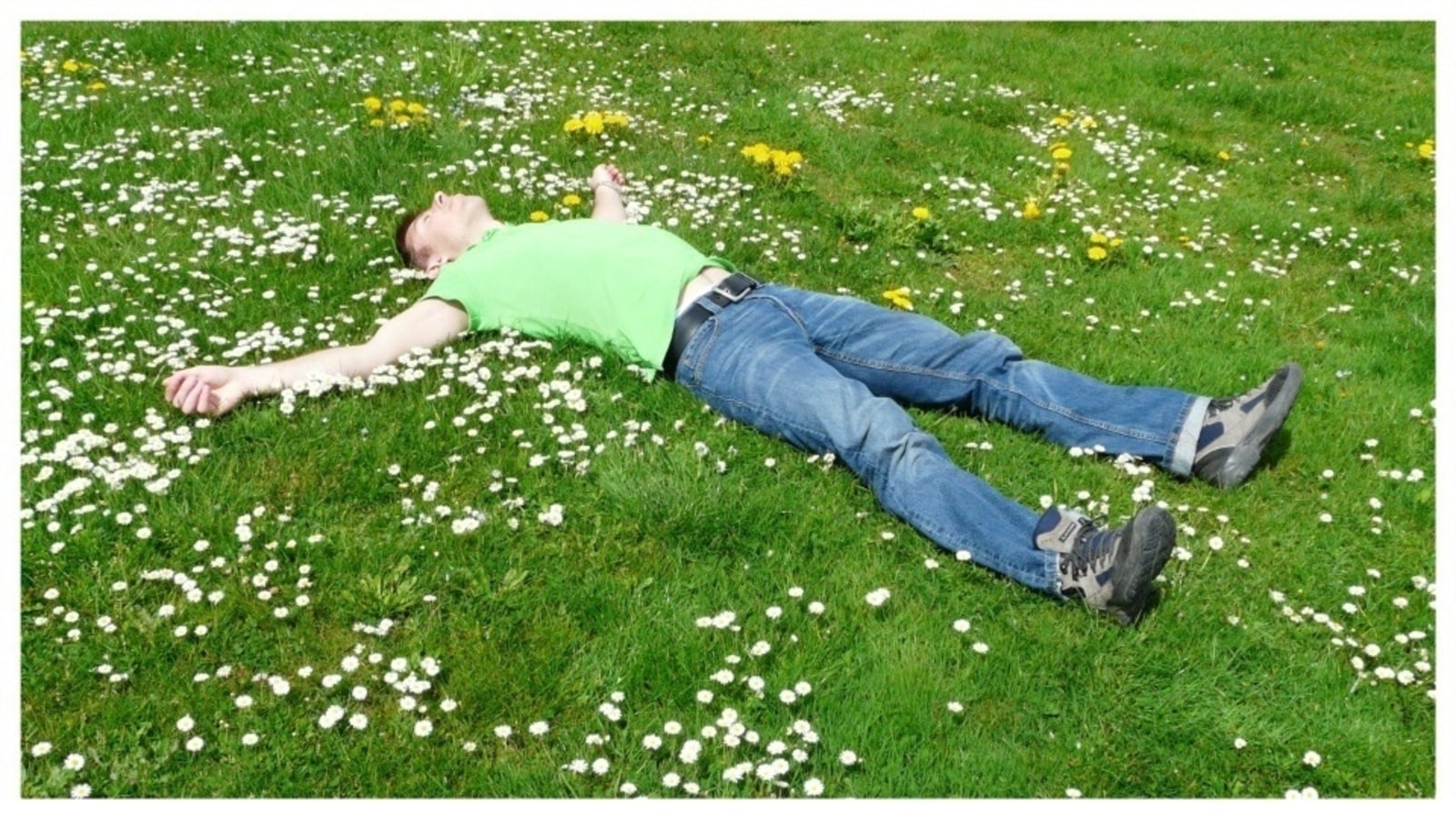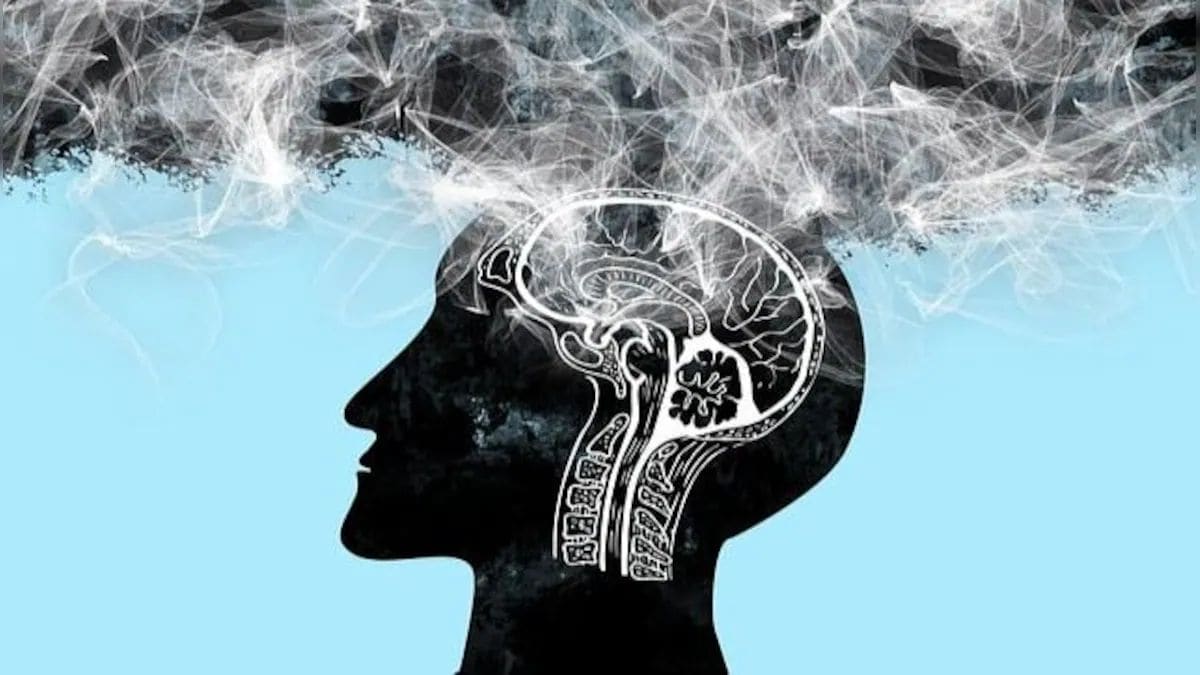Sometimes you need to snooze the daily hustle. A hyperconnected world's lifestyle has caught on a dizzying pace, revolving around hectic schedules. In the cacophony of overstimulation, a hushed day is all someone craves.
Exerting too much strain on your body and mind causes severe burnout , leading to indiscernible fatigue. Before the burnout tips you over, close your eyes and take a moment to rest. If you rest well, you are more productive and fulfilled.

Rest is not just sleeping, it goes beyond that. To recover and regain your footing, introspect to identify what's overwhelming you and how to address it. Consider the rest as a much-needed reset button that brings you clarity and balance.
Dr. Saundra Dalton-Smith proposed seven different types of rest that cater to the various aspects of wellbeing . She is a physician and a work-life integration researcher, who proposes essential techniques to counter burnout and work-related stress.
Here are seven different types of rest: Physical rest After wrapping up a day packed with activities that demanded a lot of physical energy, from a fun-party or a boring day of running errands; physical rest is required to recover and bounce back to work the next day. It calms down the constant demand of physical energy. Physical rest comprises brief naps in between long periods of work, deep breathing to compose yourself, and deep sleeping to completely relax your muscles and rejuvenate.
Even a calm walk or a good stretch can shake off the tension from your body. ALSO READ: Secrets to the perfect nap revealed in new NASA study: The right time, environment and more Mental rest Cognitive demands, such as intense decision-making or problem-solving, can be stressful. The mental exhaustion after back-to-back exams or a series of big decisions can be particularly tiring.
The constant buzzing mental activities are exhausting. To re-energize your mind, step away from stimuli that cause high cognitive demand. Consider taking a day off from work or pausing a prolonged study session.
Your brain needs a break from processing information relentlessly. Take deep breaths and meditate to release the jitteriness from constant engagement. Yoga also helps to unwind by maintaining your concentration.
Peace of mind often stems from your hobbies. There's a reason why they are called cathartic; they are the best way to connect with yourself. Emotional rest Interpersonal relationship is a roller coaster of emotions.
The push and pull on the spectrum of emotional relationships can cause weariness. Emotionally draining experiences, such as a fight with a best friend, or a depressing breakup; can feel emotionally overwhelming. The struggle to be on the same page emotionally in relationships is challenging.
Emotional rest helps you process the emotional turmoils better. Start by acknowledging what you are feeling, however murky the emotions are, do not ignore them. Vent those emotions by speaking to someone or even journaling about it.
Engage in self-care to keep yourself grounded from the whirlwind of emotions as you are processing them. Do your elaborate skincare routine, read a book, or listen to your favourite podcast. Emotional rest has the potential to improve overall emotional intelligence.
ALSO READ: From stress relief to personal growth: Science-backed benefits of journaling for mental health Sensory rest A post shared by Yaya (@livemoss.ca) Sensory experiences feel immersive, however, overstimulation, like blaring music, bright lights, or even constantly being on phones; can cause sensory burnout. Constantly consuming content on digital devices creates a sensory overload.
Sensory overload makes focusing difficult. It’s distracting, a characteristic of social media where ten different things are shown at the same time. A digital detox and reducing exposure to screens can help you become calmer and improve your focus.
By developing the habit of regular digital detoxes, you'll find that your ability to concentrate improves. ALSO READ: Can excessive screen time cause ‘digital dementia’? Tips to counteract the harmful effects Creative rest Get in touch with your creative self and feel inspired to create something that resonates with you. It could be a piece of art, written poetry, or singing your original.
Life can feel stuck when you are uninspired and bored. You are demotivated and procrastinate more. A creative rest is all it takes to rekindle that spark of feeling alive and jovial.
Social rest Socialising is draining, something all introverts and ambiverts relate to. Social mingling has a mental threshold beyond which it becomes gruelling. Social battery requires social rest to recharge.
In-person interactions engage all your senses, and prolonged periods of socialising can cause a sensory overload, spiking social anxiety. To recharge, stay away from social situations and spend a day with yourself. Take yourself to creative workshops or solo-picnic.
If looking for light company, hang out with your very close friends. By drawing boundaries and engaging in solo activities, you’re preventing stress and eventual burnout. Spiritual rest An existential crisis is a human rite of passage.
The purpose of life becomes the biggest question, and you start to question your decisions and way of living. With a lost sense of direction, you have more questions than answers. To resolve this and regain your sense of purpose, connect with the divine power you believe in.
Visit prayer halls, meditate, or read philosophical books where scholars have attempted to answer some of your questions. Understanding yourself is the top priority in finding the direction of your life. Journaling can also help you understand yourself better.
Disclaimer: This article is for informational purposes only and not a substitute for professional medical advice. Always seek the advice of your doctor with any questions about a medical condition..

















